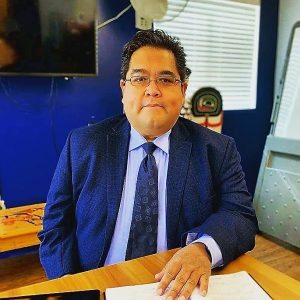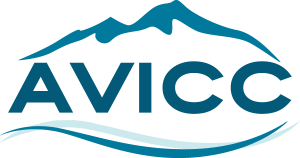Director at Large
Travis Hall
About AVICC / Elected Executive / Director at Large Travis Hall
 I was born and raised in Heiltsuk territory, in the village of Waglisla (know as Bella Bella) and maintain an active cultural role in my community. My Heiltsuk name, Gundaynuxv, was given to me in a potlatch, the name was passed down from my grandfather. The name carries many responsibilities, the main one is that of an advisor to Himas Gia’ait who is a head chief. I remain active in these duties now.
I was born and raised in Heiltsuk territory, in the village of Waglisla (know as Bella Bella) and maintain an active cultural role in my community. My Heiltsuk name, Gundaynuxv, was given to me in a potlatch, the name was passed down from my grandfather. The name carries many responsibilities, the main one is that of an advisor to Himas Gia’ait who is a head chief. I remain active in these duties now.
I am passionate about Heiltsuk culture, language, harvesting and processing traditional foods. Spending time with our cultural leaders and advising on cultural traditions and practices remains a high priority of mine.
I began my education in earth sciences and anthropology but soon moved to finance. I spent a great deal of my working live in financial management and I currently am working on completing a Certified Management Accountant designation.
I hold several positions within the Heiltsuk community in addition to my responsibilities with the CCRD and UBCM. I worked as the Marine Use Planning coordinator, I have a seat on Heiltsuk Tribal Council, Heiltsuk Health Board to name a few. As a councillor with my Nation, I have also been on our Marine portfolio.
I also Harvest traditional food from my territory, this means I spend much of my free time on the water. Having such a strong connection to the ocean as a Nation means we will do everything we can to protect it, this led me to be involved with the clean up of the Nathan E. Steward as a first responder. My position in the clean up was with on water ops. I still feel more needs to be done in that clean up.
I strongly believe that developing and maintaining relationships between the Nations and local governments is key to building strong communities; this is my motivation for joining the CCRD and continues to drive my interest on the Board.
The AVICC acknowledges that we are grateful to live, work, and play on the traditional territories of theCoast Salish, Nuu-Chah-Nulth and Kwak-Waka’wakw Peoples
